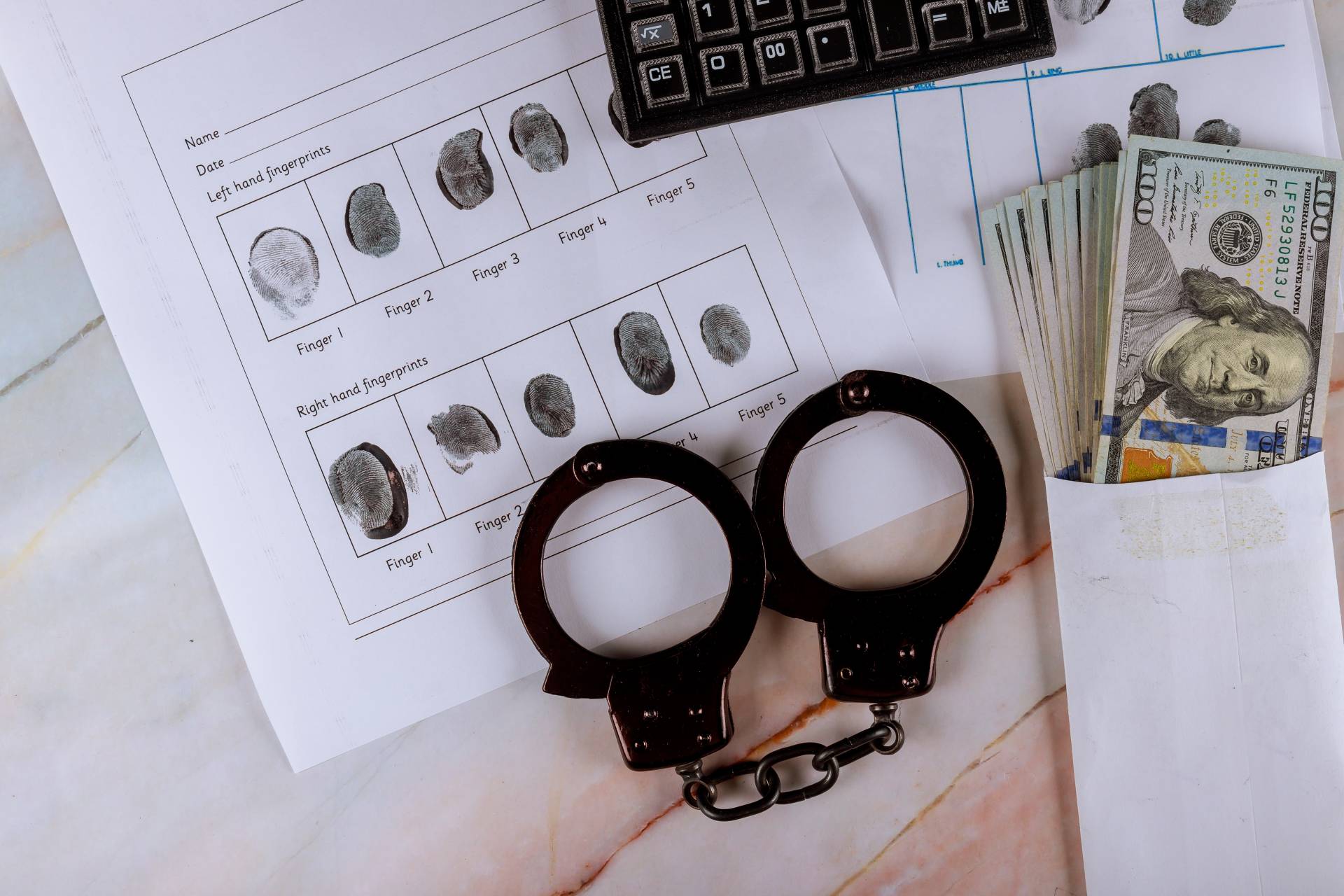Punishment for most felonies in Colorado falls under class 1, 2, 3, 4, 5, & 6, while the criminal statute guides unclassified felonies. The different levels and classes define the seriousness of a crime and determine the sentencing and fines range.
Understanding the different felony levels is critical in exploring the possibilities of your criminal case. And working with an experienced criminal defense attorney in Denver, CO, can ensure that your rights are safeguarded since your fate depends on the strength of your defense.
What Are the Different Felony Classes in Colorado?
A majority of crimes fall under this category. Here is a breakdown;
Class 6 Felonies
Less serious offenses like pretending to be a peace officer, animal cruelty, possessing over 12 ounces of marijuana are examples of class 6 felonies. One can pay a fine of $1000 to $100,000, serve a jail term of a year to 18 months, or both.
Class 5 Felonies
Class 5 felony crimes like forgery, refusal to pay child support or alimony, or embezzlement of public property can land you one to three years in jail, a fine of $1,000 to $100,000, or both.
Class 4 Felonies
If you are found guilty for theft of property worth $20,000 to $100,000, you may have to part with $2,000 to $500,000 in fines or serve two to six years in prison, or both. Crimes in this category also include manslaughter, identity theft, sexual assault, and vehicular homicide.
Class 3 Felonies
Serious offenses like first-degree burglary, first-degree assault, and pimping can attract a fine of $3,000 to $750,000, a jail term of four to 12 years, or both.
Class 2 Felonies
Class 2 felonies are severe crimes like human trafficking, racketeering, or second-degree murder. One can pay $5,000 to $1,000,000 in fine, go to prison for eight to 24 years, or both.
Class 1 Felonies
Crimes in this category are the most serious, for instance, first-degree murder or murder. Colorado convicts can receive a death penalty or life imprisonment for such offenses.
Where Do Drug Offenses Fall?
Colorado treats felony drug crimes differently, dividing them into four categories. Offenders can be punished as follows;
Level 1 Felonies
Attracts a fine of between $5,000 and $1,000,000. The prison time can range between eight and 32 years. Sometimes, one may be required to pay the fine and serve the jail term altogether.
Level 2 Felonies
If you’re convicted for level 2 felony, you may pay a fine of between $3,000 and $750,000. You could also receive a sentence of between four and eight years in prison or even both.
Level 3 Felonies
Level three felonies come with a jail term of between two and four years. The fines are between $2,000 and $500,000, and sometimes, you may be required to pay and go to prison.
Level 4 Felonies
A fine of between $1,000 and $100,000 is what you pay if convicted with level 4 felony. The jail term can be anything between 6 months and a year. It can be both.
Does The Statute of Limitations Apply for Felony Offenses in Colorado?
In Colorado, serious crimes like sex offenses against minors, treason, kidnapping, and murder do not adhere to the statute of limitations (deadline for prosecuting a case). This means that the prosecution has no time limit to commence.
For most felonies, the prosecution must begin within three or five years from the time the crime was committed. Otherwise, you can have it dismissed.
Are There Sentencing Alternatives in Colorado?
Conviction doesn’t always mean incarceration. The Colorado law provides alternative sentencing, and a knowledgeable criminal defense attorney in Denver can negotiate for that. Instead of going to prison, you can get;
- Community corrections
- Probation
- Deferred sentencing
- Deferred prosecution
Upon completion of these alternatives, your felony charges may be reduced or even dismissed in some cases. So, don’t risk a longer jail term, while a criminal lawyer in Denver, CO, can help you get less.
What Rights Can Be Restricted If I Am Convicted?
Once you are convicted of a felony, you may be restricted from doing the following;
- Applying for SNAP federal assistance. However, the restriction can end when you complete an alcohol and drug treatment program.
- Practicing as an attorney in Colorado
- Sitting in an office of trust or honor
- Getting a license for an educator or a peace officer
- Carrying or purchasing a weapon or a firearm
Working with the right attorney gives you the peace of mind that you won’t be wrongly convicted for a crime you didn’t commit. And if you are indeed guilty, your Denver felony lawyer will negotiate for you to get the least sentence, or better yet, alternative sentencing that will save you from jail time.
What Happens to Me as a Felon?
Conviction might seem like the end of the world for you, but it isn’t. Well, it won’t be easy to rebuild your life afterward, but it won’t be impossible either.
- Residence
Lucky for drug offenders, apartment complexes may not deny residence. If you don’t have sexual offenses in your list of crimes, rebuilding your life will not be as difficult.
- Jobs
Notably, some employers do a background check of its potential employees’ criminal history or ask you about it. Not to worry, because many companies still employ felons.
- Government loans
As much as government grants aren’t easily accessible to felons, there are specific ones for ex-convicts. And so, it won’t be that difficult for you to pursue your higher education or get back on your feet.
Defend Your Rights with Professional Assistance?
The defense your attorney prepares can impact the level or class the court will categorize your case. It will determine whether you serve months, years, or the rest of your life in prison, or if you get an acquittal or alternative sentencing.
A criminal offense can affect your life for the next couple of years, if not, the rest of your life. The penalties are severe and painful, especially if you get wrongfully convicted. But with a skilled Denver criminal defense lawyer, your rights can be protected.
Have you been charged with a felony in Colorado? Talk to attorney Daniel Murphy on (720) 260-8787 for a free consultation.








